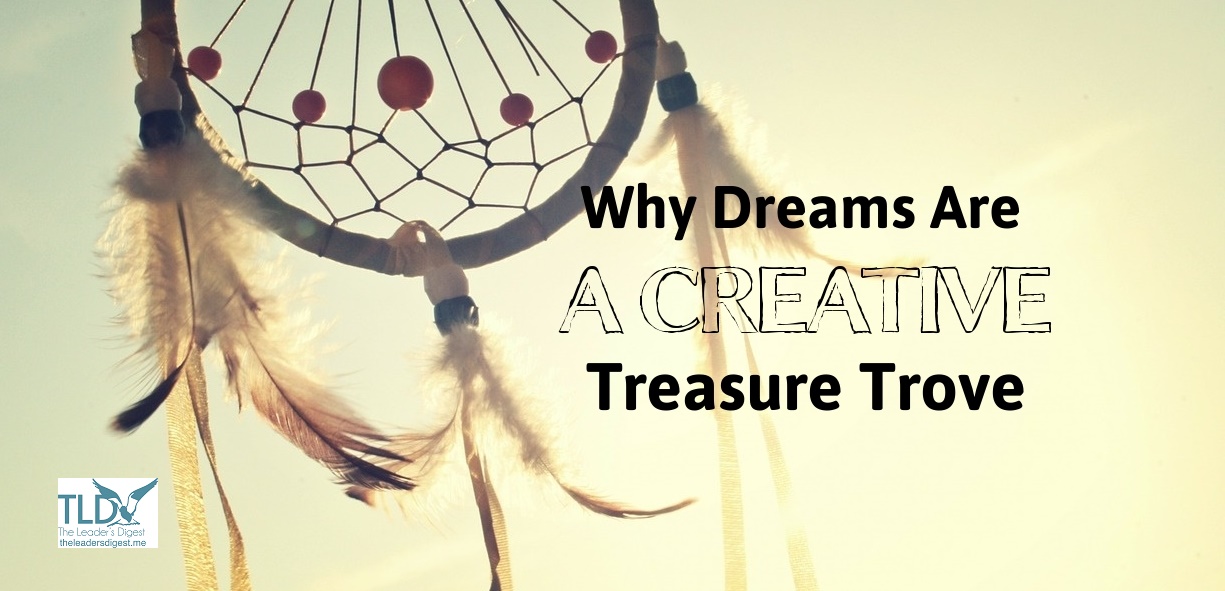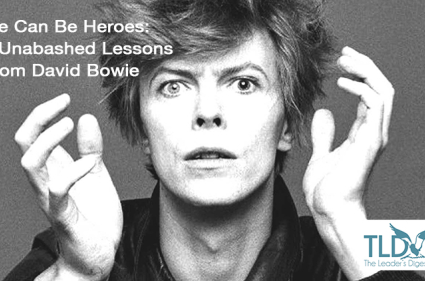Why Dreams Are A Creative Treasure Trove

The Greek philosopher, Heraclitus, once said - "while we're awake, we share the universe, but in sleep we each turn away to a world of our own."
Linking dreams with creative thinking might seem a little bit ‘out there’ for some people. But at the risk of being labelled ‘Spooky Suzi’, the reality is, if you need to be creative in your job, dreams can quite literally deliver the goods.
Many of history's most groundbreaking inventions came to their originators through dreams.
A plethora of some of the world’s most awe inspiring creations in art and film and writing, not to mention innovations in business, have all come from...yep, you guessed it, dreams.
James Cameron, a Canadian filmmaker credited for the two most successful movies of all time, acquired his idea for The Terminator in a fever-induced dream.
Dmitri Mendeleyev's periodic table was dream-inspired.
A dream was responsible for Larry Page's Google idea.
Even Einstein’s theory of relativity came from a dream.
Through an innovation lens, dreams can provide clues, inspire solutions and catalyse transformation. They can help us to process our emotions and solve problems. But only if we are willing to open our minds and tune into their power.
As internationally recognised leadership coach and author of the book Wild Courage, Elle Harrison, stated -
"dreams are a direct and fascinating way to catch a glimpse of what is going on in our inner world. Listening to our dreams can highlight parts of ourselves that we are not yet fully aware of, and help to deepen our understanding of who we are. They can also guide us through choices and changes in our outer lives."
And this from Kelly-Bulkeley in a Huffington Post Science article -
"Many aspects of dream content are accurate, honest reflections of people's emotional concerns in waking life."
This is not mumbo jumbo speak.
A recent study by Matthew Walker and his colleagues at the Sleep and Neuroimaging Lab at UC Berkeley, found that a reduction in REM sleep (or less “dreaming”) influences our ability to understand complex emotions in daily life – an essential feature of human social functioning.
Many cultures have long known and used the power of dreams to incite creativity, decision-making and problem-solving. Think, the Aboriginal Dreamtime and the Native American Dreamcatcher. Dreams are generally considered by many indigenous peoples as a form of information to be highly regarded.
So, the next time you wake up and remember your dream, write it down before it escapes you.
Capture its message and ask yourself:
How can I relate this recent dream to a current problem, opportunity or situation?
What was the underlying emotion present in the dream - and what is that telling me?
What message can I interpret from this dream - and how can I use it to my advantage to think creatively and outside the box?





Leave a comment